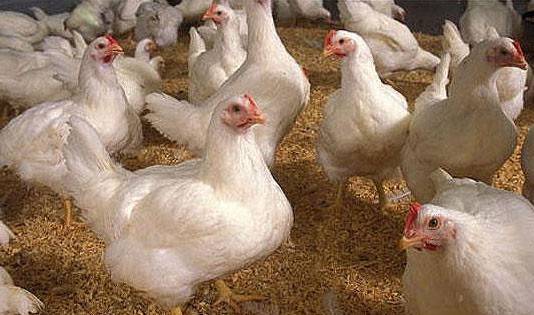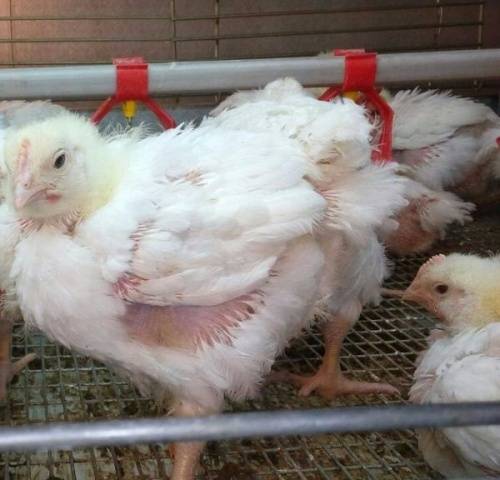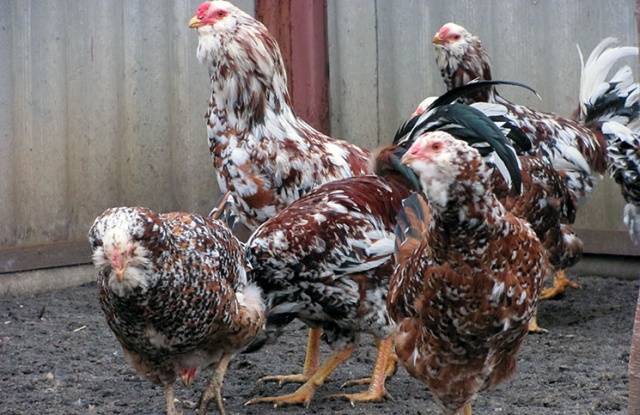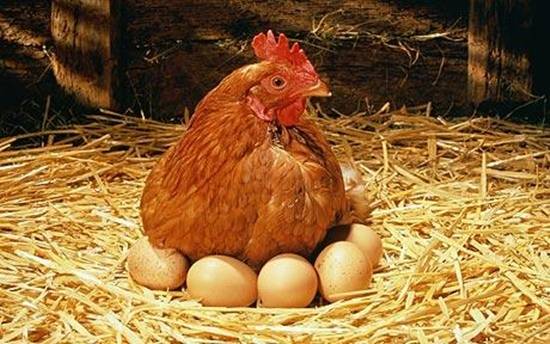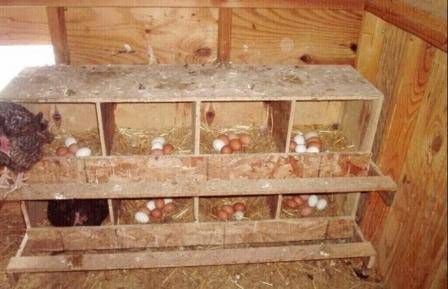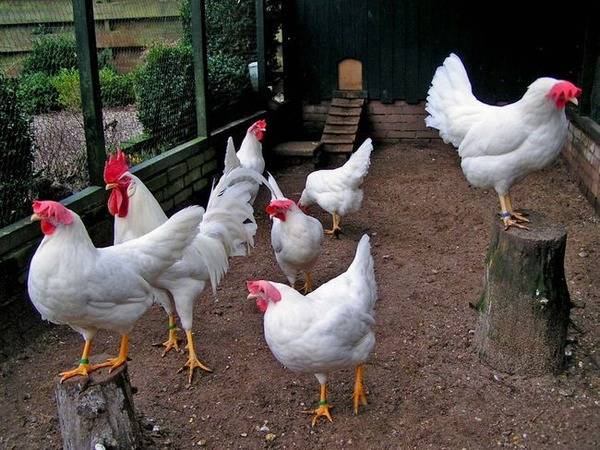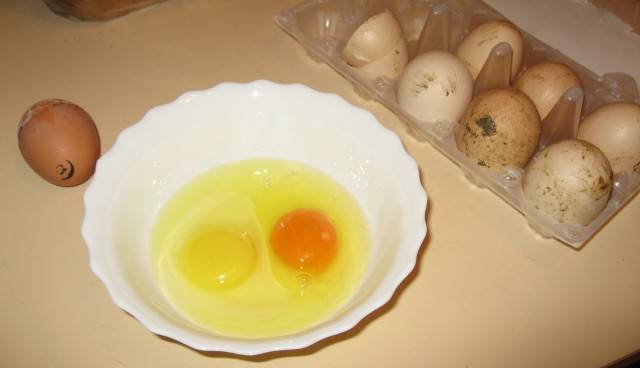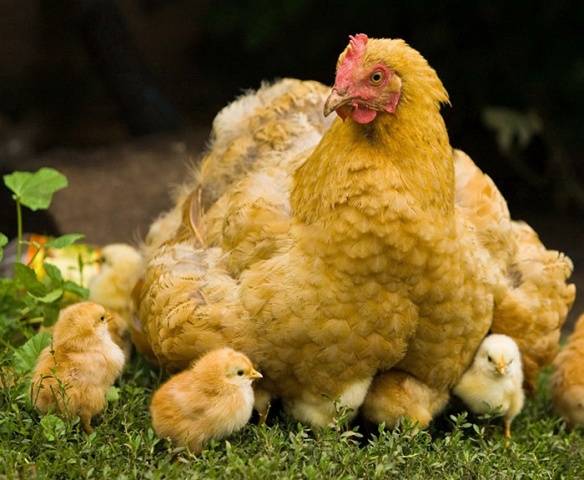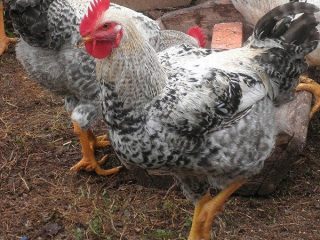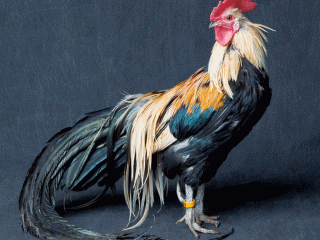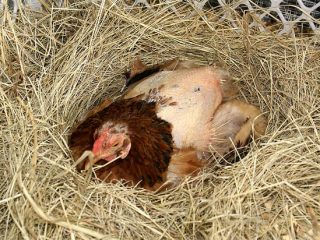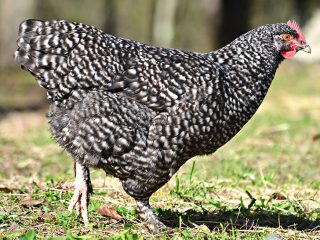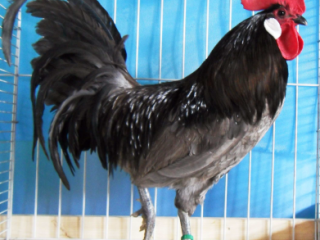Content
The tendency of city dwellers to move to the countryside, far away from the bustle of the city and exhaust gases, and closer to fresh air and peace, which is observed today, can cause only positive emotions.
But the townspeople who come to the village literally find themselves in a parallel world with many moments unknown to the city dwellers.
However, all village newcomers still remember about what they read in a book or seen in a film, an obligatory attribute of village life - a chicken walking on the grass.
The settlers try to start their village life with breeding chickens... Although it would be more logical with a supply of firewood for the winter.
During the time that has passed since the domestication of chickens, a lot of breeds have been bred for every taste. It is not easy for a novice poultry farmer to decide which breed of chickens is better to buy for breeding at home.
To understand your needs, you need to honestly answer yourself a few questions.
- Do I want to get eggs or meat from chicken, or maybe both?
- Am I ready to spend money on an incubator and brooders?
- How do I plan to keep chickens: in an aviary, in cages or outside?
- What is the climate in my region?
- How easy is it to get specialized chicken feed?
To answer these questions, you must first understand what the three large groups of breeds in chickens are.
Group of chicken breeds of egg direction
It includes all modern egg crosses, such as Hisex, Lohmann, Tetra, and some chicken breeds that are the ancestors of industrial egg crosses, for example, Leghorn. These breeds of layers are demanding on feed and keeping conditions. With poor-quality feed, inappropriate temperature, lack of lighting, they stop rushing. But on the plus side, they have high stress resistance.
But the main problem with egg chickens is that they have completely lost their incubation instinct.
Group of chicken breeds for meat production
Usually they are all called broilers. Although broilers also have their own "breeds", including colored ones: COBB 500, ROSS-308, redbro, redpack.
Broiler breeds are characterized by rapid weight gain. These chickens cannot be kept longer than 3 months, not only because of a sharp drop in profitability, but broilers themselves after 3 months become obese to such an extent that they are not able to move.
Broiler breeds are also very demanding in terms of keeping conditions and feed. If you treat them like ordinary village chickens: release them "on the grass to look for worms", feed them with ordinary feed, and not intended for broilers, keep in an ordinary barn, not observing the temperature regime, then broilers are likely to survive but will not grow.
Group of chicken breeds of universal direction
These are the breeds of chickens that give offspring with the same qualities that the parents possessed. Unlike industrial crosses, from which in the second generation anything can turn out.In addition, being bred by methods of folk selection or at breeding stations specifically for breeding by the population on personal yards, such breeds of chickens are much less demanding both in feed and in conditions of detention.
It is better for novice chicken breeders to dwell on universal chicken breeds, preferably adapted for the respective region. Domestic breeds of chickens of the universal direction include the Kuchin anniversary chicken, the Orlov chicken, the Moscow white, Zagorsk salmon breed, Poltava clay chicken and so on. You can ask the neighbors of chickens what breed they prefer. However, most likely, the answer will be: "mongrel".
When choosing a breed of chickens of a universal direction, you should not worry about a lack of eggs. These breeds of chickens rush not much worse egg breeds... Village chicken owners complain that they have nowhere to put eggs from only 7 hens. Overproduction. But these owners keep chickens exclusively for themselves.
So, in general, the decision of beginners to get chickens in the first place is correct. And how difficult it is for beginners to breed chickens at home can be determined after reading the article.
Keeping and breeding chickens of any breed and any direction has a certain similarity: a warm room in winter, perches, long daylight hours, vitamin and mineral supplements in feed.
Although thoroughbred, even outbred, chickens need a room to live, therefore, creating conditions for keeping layers must begin with building a house for them.
Chicken coop device
Build chickens modern chicken coops there is no special need if cellular maintenance is not planned. Yes, and an ordinary shed can be adapted for the cage content by installing exhaust ventilation and cages in it.
The main requirement for a chicken coop is the absence of drafts. Therefore, the hen house can be an ordinary shed with well-capped cracks.
When keeping chickens on the floor in a barn, perches are arranged at some distance from the floor. The roost should not be too close to the ceiling, otherwise the chicken will not be able to sit on it.
For chickens capable of taking off, perches are arranged as high as possible, but so that the chicken fits freely between the ceiling and the perch. For flightless, perches can be made at a height of 50 cm so that the chicken can jump on it. An ancient instinct makes chickens imitate their wild ancestors who spent the night in the trees, so it is important for the hen to feel the "tree branch" under its paws at night.
Chicken roosts can be made on several levels. Old wooden ladders can be used, tilted to the wall of the hen house.
Sawdust or straw is poured onto the floor, which are periodically cleaned.
With such a free content, laying hens must be provided with "nests" in which they will lay eggs. Chickens are usually consistent. Having chosen a place for laying, they lay all eggs there. For a guarantee, you can not take all the eggs at once, but leave 2-3 pieces in the nest, then the chicken will definitely return to this nest.
With such a crowd, chickens often damage eggs laid earlier. Broken eggs are eaten by hens, accustomed to pecking and eating intact eggs. The second reason for eating eggs - lack of calcium - is eliminated by adding limestone to the feed.
Socket device
Laying nests are made either from separate boxes or from a common gutter. Straw is placed in the container so that the chickens can soften it in the form of a nest. The straw must be changed as it becomes dirty, then the chickens will not go looking for another place to lay eggs.
Laying boxes can be regular vegetable containers or specially made boxes with a "roof" and an entrance open on the side.
It is possible to arrange in the barn and cage keeping of chickens.
A variant of a creative solution for the cage keeping of chickens, and not only, in the barn can be seen in the video:
The dimensions of the chicken coop with the cage keeping of chickens
The reason for the fights between the turkeys, unknown to the owner of this video, is crowdedness. The stress of being in a cramped and low room translates into fights. In chickens in cage and industrial outdoor housing, the behavior is similar. Therefore, in poultry farms, beaks are trimmed to chickens.
And a much more civilized homemade chicken coop in the garage
Garage chicken coop with homemade cages
If chickens were brought in not only for production, but also for the soul, the best option would be a shed with access to an aviary.
Feeding chickens
Depending on the choice of the productive direction, feed for chickens will differ slightly. Broiler breeds need protein and carbohydrates for weight gain plus calcium for bone growth. The development of the reproductive system is not necessary for them.
For laying hens and universal breeds, in addition to the main nutrients, vitamin E is also required.
If there are plans to sell chicken eggs to the side, you need to provide the chicken with additives for a bright yolk color.
The myth that eggs with a dark yellow yolk were laid by a chicken walking on the grass, and such an egg is more useful than an egg with a light yellow yolk, is indestructible. And if it is indestructible, then this should be used.
Why do egg yolks differ in color?
For comparison. Which egg is best? Orange yolk? In fact, there is not much difference. The color of the yolk depends on the feed that the laying hen was fed with. With a high carotene content, even if it is an artificial ingredient, and the chicken lives in a cage from birth and feeds exclusively on compound feed, the yolk will be orange.
But fodders that “tint” the yolks are more expensive than conventional fodders, so they are not used in industry. And a private trader may well sell such eggs at a much higher price, citing the fact that they are "homemade, from their own laying hens."
Moreover, for the sake of exoticism, you can breed bright red chickens in your backyard. But first you have to buy a breed of ordinary whites and the component that is added to canary food to paint a yellow canary red.
Drinking bowls
If possible, the drinker should be installed so that the chicken can only drink from it. Although chickens are neat enough in this regard and do not try to splash the water, running through the chickens' drinker is not a problem. If the drinker is not nipple, then the water in it must be changed periodically, as it is contaminated with food debris from the chicken beak.
After the arrangement of the chicken life, it is necessary to find out what exactly needs to be done in order for the cultivation and breeding of laying hens to be crowned with success.
Raising and breeding chickens
In that order, as hens are usually bought as chickens. It is more convenient to transport them this way. In order not to mess with the incubator later, it is better to take a breed of chickens with a developed incubation instinct. The chicks are placed in a brooder for rearing. You can watch the video how to make a brooder yourself.
The cost of making a brooder. DIY chicken brooder
Brooder can be multi-tiered
Chickens are fed with starting compound feed. Feed and water should be freely available at all times.
Breeding laying hens at home is not difficult if the hens sit on the eggs. It is enough to stop taking eggs from nest boxes and laying hens, having laid 15-20 eggs, sit down to incubate them, turning into hens. But a rooster is also needed to get chicks out of eggs. The norm for one rooster is 10 - 12 hens. Chicks hatch after 21 days of incubation.
Incubation of eggs
It is better for beginners not to suffer with an incubator.Although chicks hatch well even in primitive incubators, it is a three-week hassle with the care of incubated eggs. And the incubator that can relieve the owner of the headache is very expensive. In addition, the owners of good hens usually swear that the hen is hiding the eggs, incubating them quietly, and then bringing the chickens home. And often right on the thawed puddles.
If, nevertheless, the incubator was bought, then certain rules must be observed. Clean eggs without shell defects are placed in the incubator. Eggs should be medium in size. Before placing them in the incubator, they are disinfected. Eggs are incubated in accordance with the regimen indicated in the table.
After hatching, the chicks are placed in a brooder.
Conclusion
In fact, you don't have to be afraid to have chickens without a lot of experience. Chickens are hardy enough and forgive many mistakes. In addition, this is the most common bird of all domesticated and there is probably a person in the neighborhood who can help at first.

